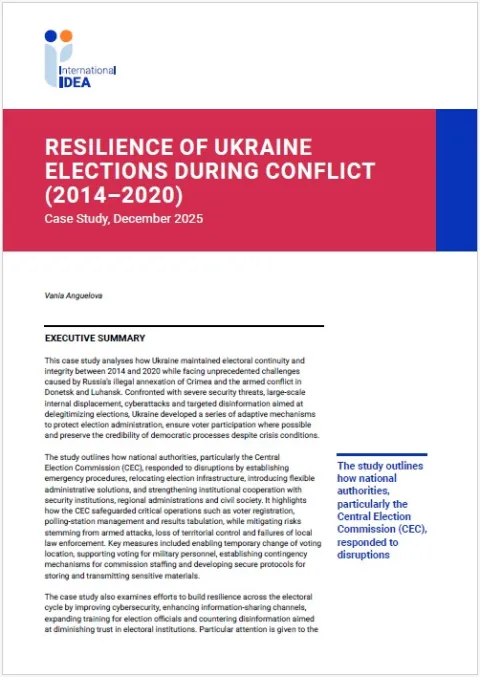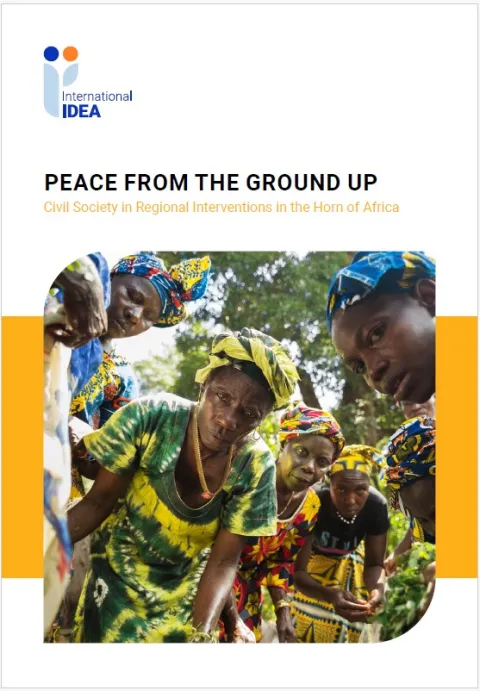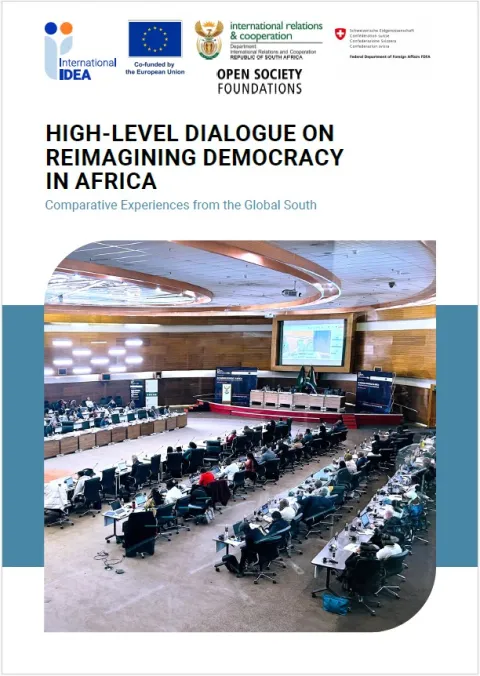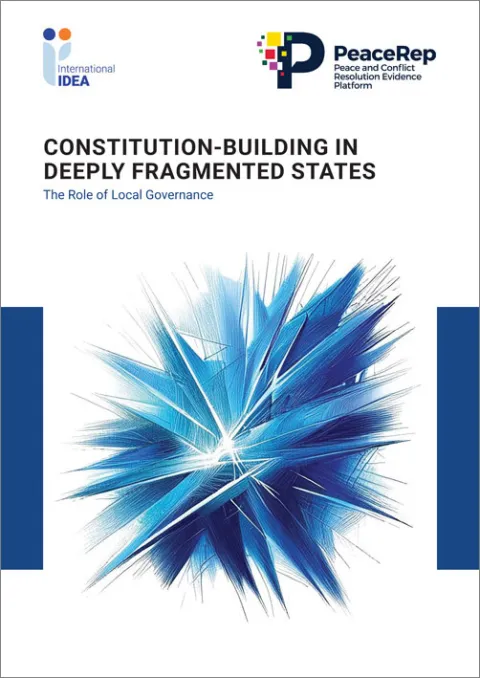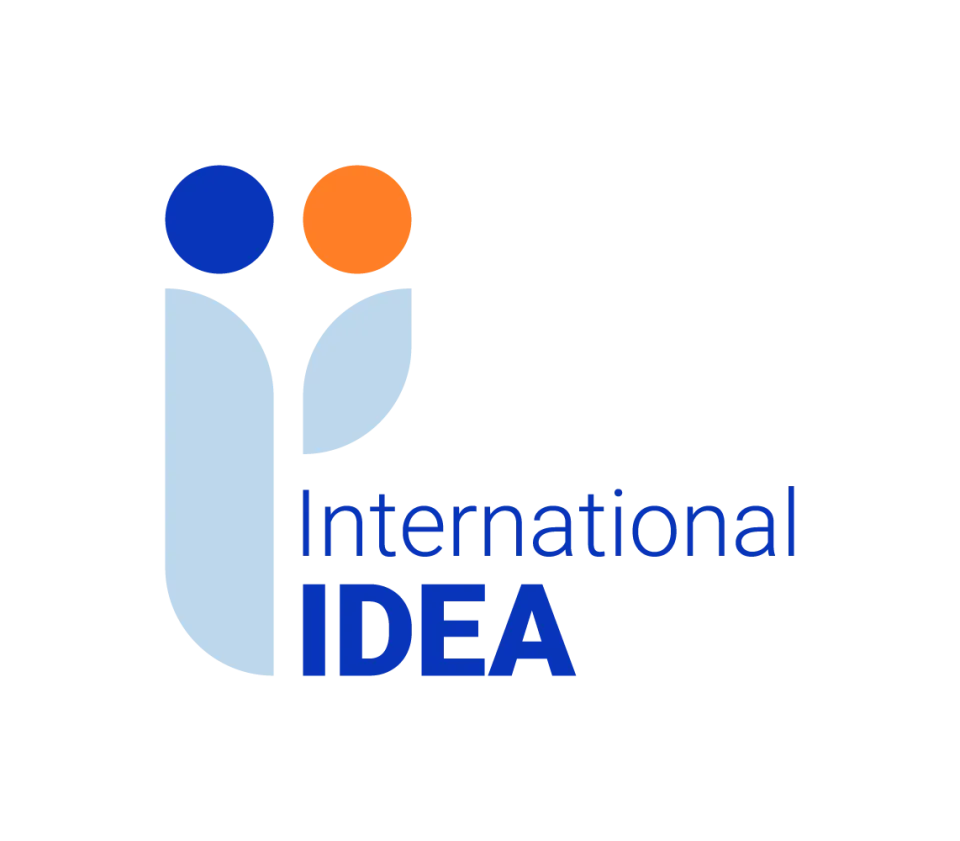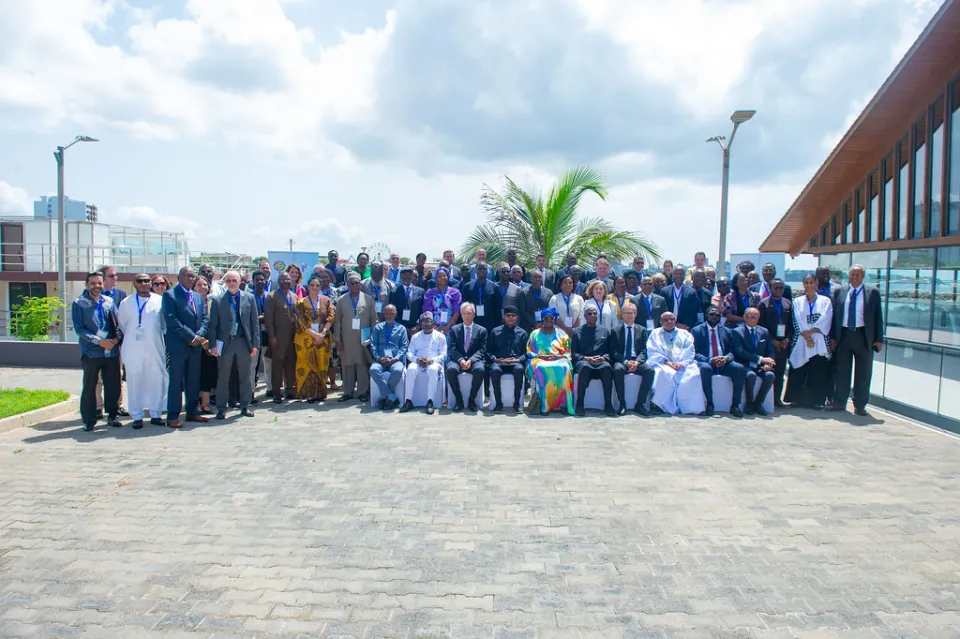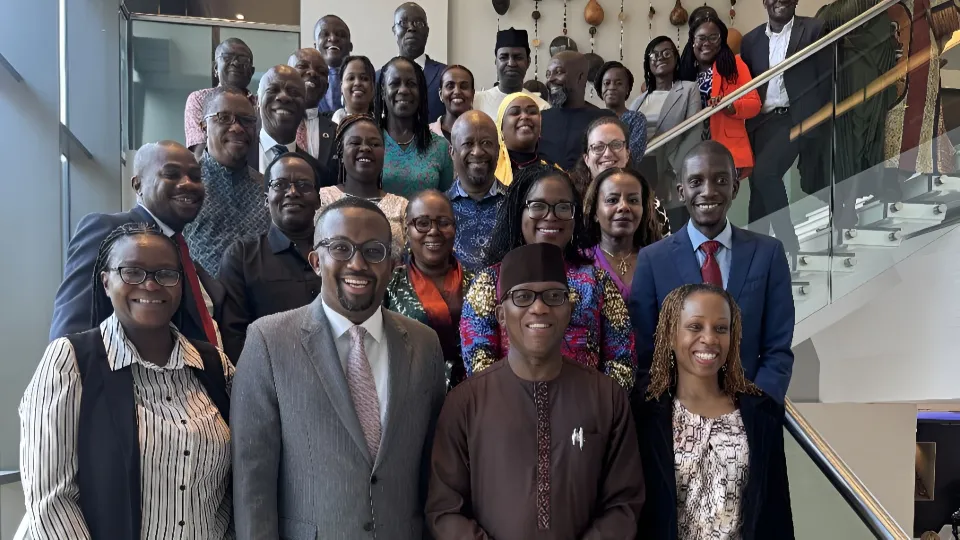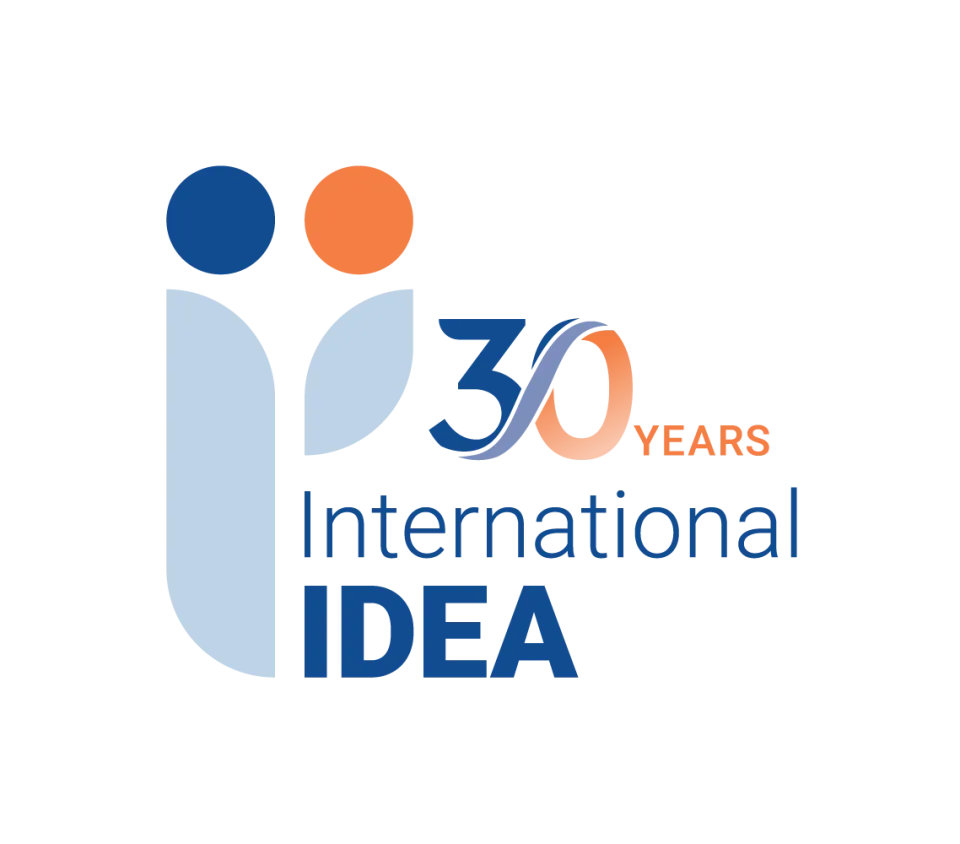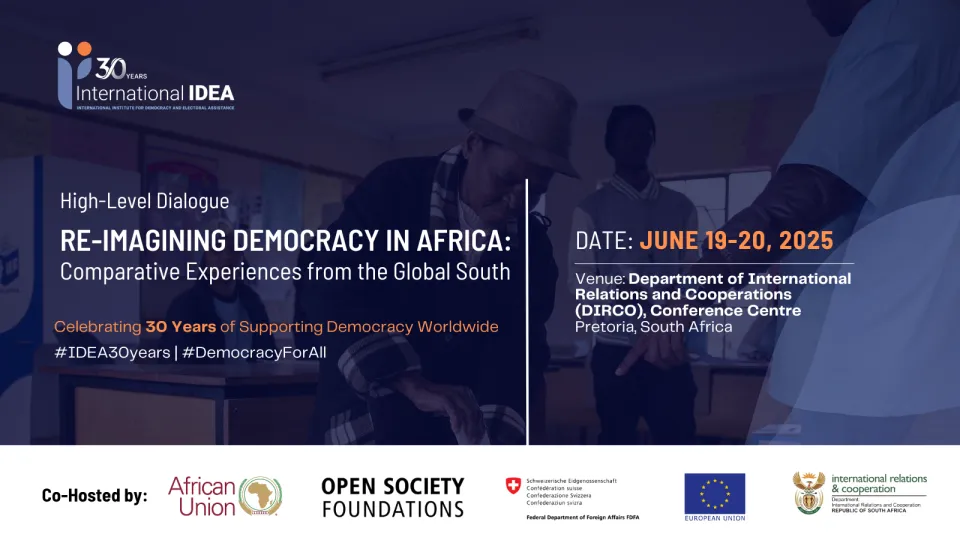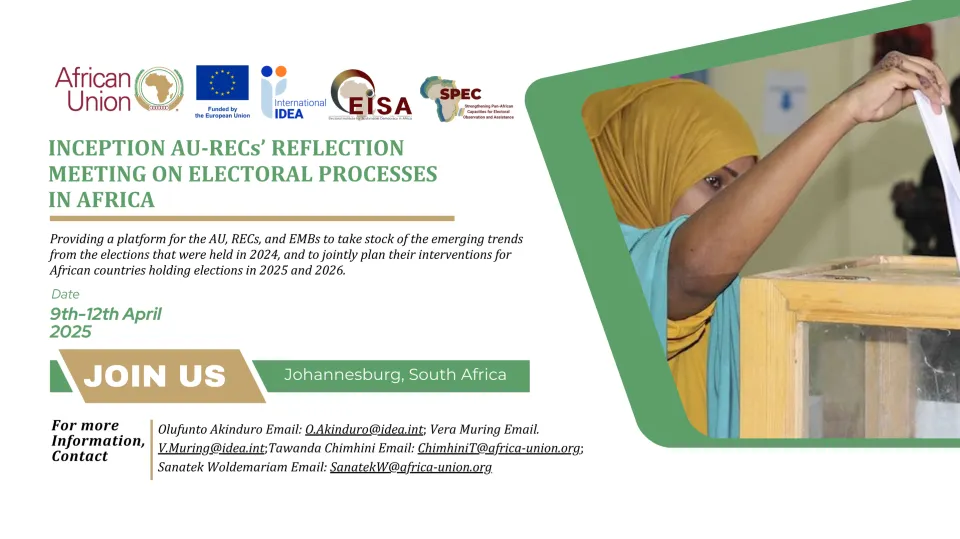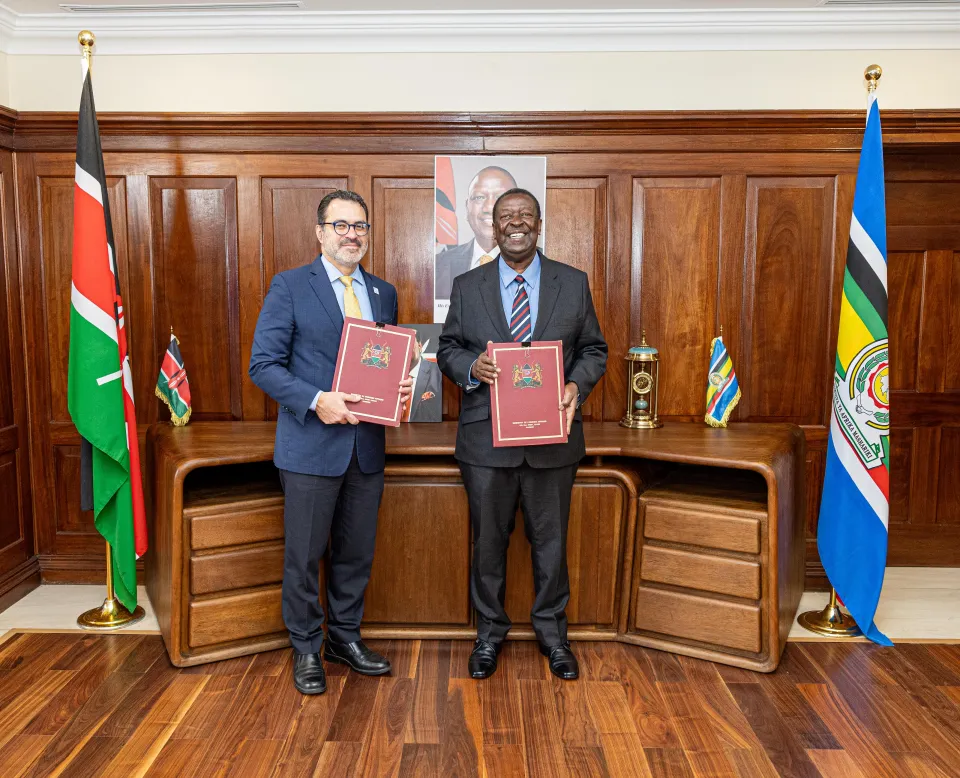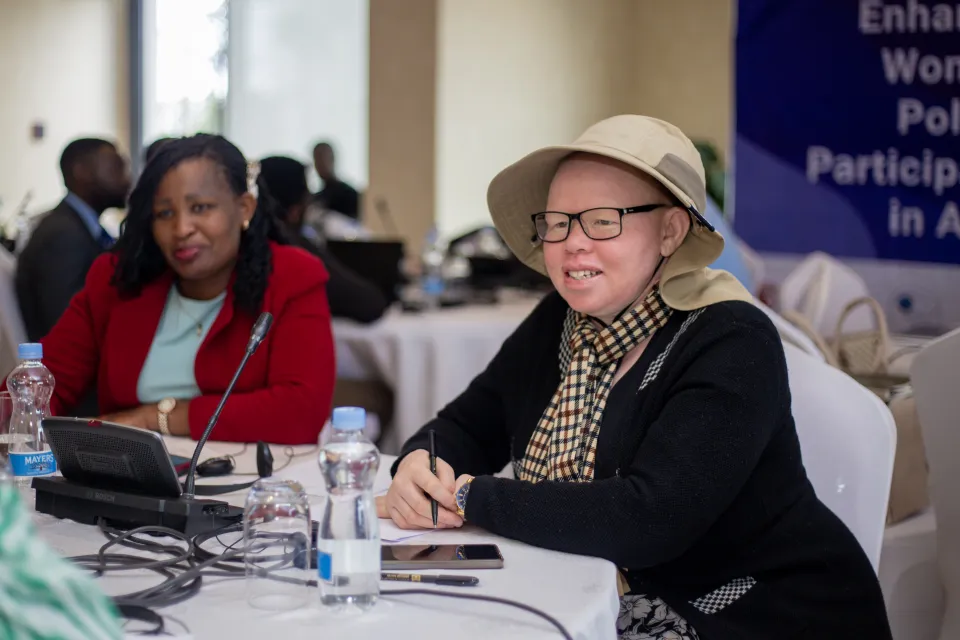The complexities of democracy-building in conflict-affected states: the role of ECOWAS and the African Union in Côte d’Ivoire
The conflict that engulfed Côte d’Ivoire in 2002 divided the country for eight years, with the south controlled by the Government and the north by rebel forces.
The violence and divisions in the country were responsible for the reversal of major economic gains that had been made since independence, and the political uncertainties threatened regional stability.
This Discussion Paper focuses on the efforts of the Economic Community of West African States (ECOWAS) and the African Union in resolving conflicts and strengthening democracy in Côte d’Ivoire, particularly in the periods 2002–10 and 2010–13. The work of these two organizations in the Ivorian case reflects discourses on, and the dynamics of, the operations of regional organizations and the international community in addressing conflicts.
Details
Contents
Abbreviations
Introduction
1. Conceptual framework: the role of third-party interventions in fragile states and states in conflict in Africa
2. The role of ECOWAS and the AU in mediating the conflict in Côte d’Ivoire: 2002–10
3. The role of ECOWAS and the AU in resolving the Ivorian post-electoral crisis, 2010–13
Conclusions and recommendations
References and further reading
About the author
About International IDEA
About the Inter-Regional Dialogue on Democracy
Give us feedback
Do you have a question or feedback about this publication? Leave us your feedback, and we’ll get back to you
Send feedbackThe complexities of democracy-building in conflict-affected states: the role of ECOWAS and the African Union in Côte d’Ivoire

| Total views | 3063 |
|---|---|
| Downloads | 17 |
| Rating |
Give us feedback
Do you have a question or feedback about this publication? Leave us your feedback, and we’ll get back to you
Send feedback